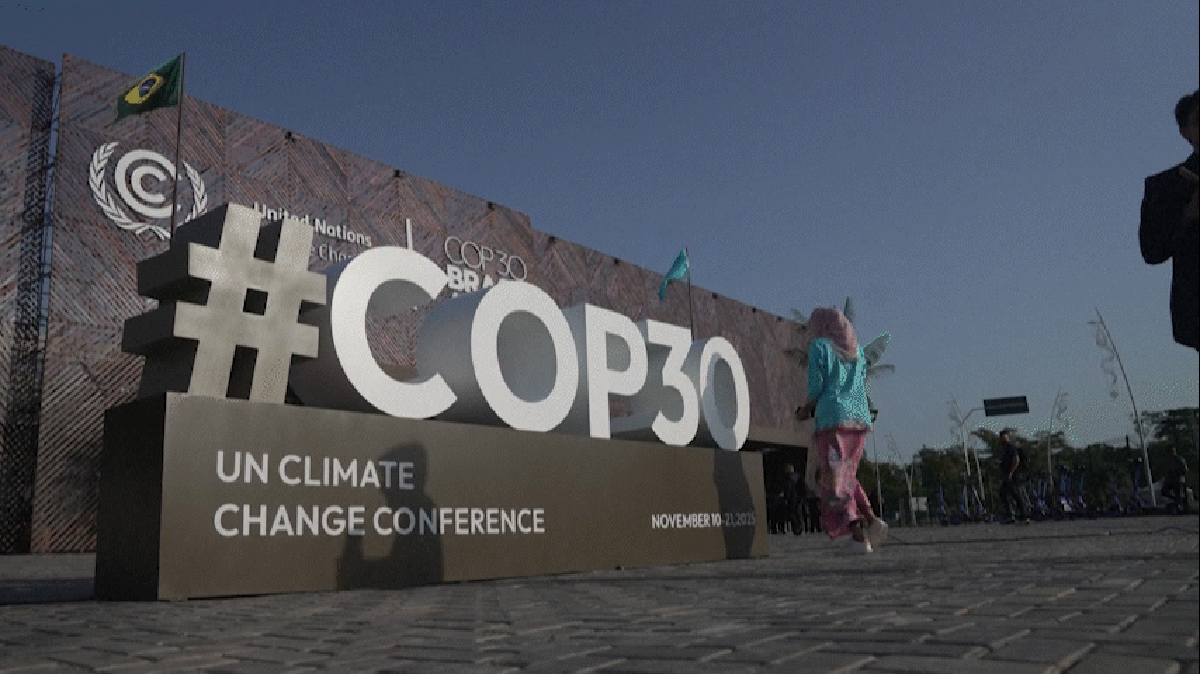
The remainder of the first week of COP 30 will see relevant progress. One is the fact that this meeting did not fall into the trap of the previous four meetings, where initial work was paralyzed by an impasse in defining the agenda. Ambassador Andrés Correa de Lago, the chair of the conference, proposed an efficient solution to negotiate the 145 agreed items to be on the agenda. At the same time, they negotiated the four issues that were at an impasse. This strategy started the meeting and allowed us to conclude several topics throughout the week. Many of them are what procedural negotiators call them. Of the 145 cases, there are at least 20 related ones that are more contradictory.
Another important element of this first week, although off the official agenda, was President Lula’s remarks on the need to develop a roadmap to reduce dependence on fossil fuels. This speech started a process of related conversations that run parallel to the official agenda, but that have the potential to produce concrete results. At an event led by Minister Marina Silva, representatives from several countries, including Germany and the United Kingdom, said they would follow Brazil if it presented a proposal with a roadmap for phasing out fossil fuels.
Financing the energy transition is also a central theme of COP30, but this is also not on the agenda. The Paris Agreement stipulates that rich countries will contribute US$100 billion annually to transition funds for developing countries. It was subsequently concluded that this amount is very low given the investment needs for adaptation and mitigation of climate change impacts in the poorest countries.
The logic of this financing is based on the premise that countries that have emitted the most greenhouse gases throughout history, i.e. those that industrialized first, should help the most vulnerable countries transition to development models based on lower carbon emissions. In this scenario, the United States, the birthplace of the industrial revolution, and the European Union should provide the largest share of resources.
The problem was that $100 billion a year was not fully guaranteed, even though it was insufficient. At COP29 held in Azerbaijan, a discussion began on the actual amount needed, and a calculation of US$1.3 trillion per year was reached. However, at the end of the meeting, the final document only established a commitment of US$300 billion and tasked COP29 President Mukhtar Babaev and Brazil’s COP30 President Andres Correa do Lago to develop a roadmap to achieve US$1.3 trillion. In their report “From Baku to Belem,” Babaev and Correa do Lago presented several alternatives. Yet, although this topic is central, what constitutes state participation in climate finance remains among the four unresolved issues.
The four items off the table are: 1- how much national capital should be used in financing; 2- increasing the ambition of NDCs (national emissions reduction targets); 3- how compliance with targets will be monitored; and whether unilateral trade barriers on environmental grounds, as in the European Union, will be allowed.
The decision on whether to include the four items was deferred to Saturday in a last-ditch attempt by Ambassador Andre Correa de Lago. In Belém, the working week does not end on Friday. Intense negotiations will continue tomorrow. Blue Zone is closed only on Sundays.



